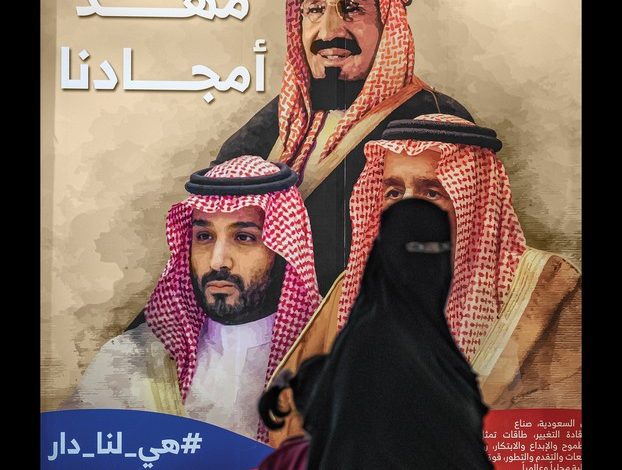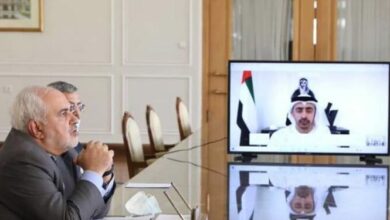Reuters reveals the reason for the absence of Mohammed bin Salman from the Winter Olympics

Reuters revealed that Saudi Crown Prince Mohammed bin Salman cancelled a trip to China to attend the 2022 Beijing Winter Olympics to ensure he was standing by his father when U.S. President Joe Biden called King Salman bin Abdulaziz on February 9, according to Reuters.
On February 10, in a call with the Saudi monarch, the U.S. president discussed regional developments and issues of common concern, including Houthi attacks on the kingdom and ensuring global energy stability, according to what the White House announced in a statement on its website.
“The two leaders affirmed their commitment to ensuring the stability of global energy supplies,” while King Salman stressed “the importance of maintaining the balance and stability of oil markets, noting the role of the historic OPEC agreement in this, and the importance of preserving it.”
And relations between Riyadh and Washington have traditionally been shaken when the United States published an intelligence report that concluded that Prince Mohammed bin Salman “authorized” the assassination of journalist Jamal Khashoggi in 2018.
Biden refuses to speak directly to MBS, saying that 86-year-old King Salman is his counterpart – even though the young prince actively runs the kingdom and has a close relationship with former U.S. President Donald Trump.
Saudi authorities did not respond to Reuters requests for comment.
In response to a request for comment, a U.S. State Department spokesperson said: “While energy and security issues are important political considerations for both countries, we will not discuss the details of our private diplomatic engagements.”
Mohammed bin Salman is looking forward to his country’s oil power to achieve his goals of recognition by U.S. President Joe Biden that he is the real ruler of the kingdom and his hand is stronger in the costly war in Yemen, according to sources familiar with Riyadh’s thinking.
The sources told Reuters that this is one of the reasons for Mohammed bin Salman’s resistance to U.S. pressure to pump more crude in order to reduce the price of oil, which has risen since Russia invaded Ukraine, in addition to maintaining the Riyadh oil agreement with Moscow.
One of the sources familiar with the Saudi government’s thinking told Reuters that “the Saudis also have demands before meeting any of the American requests: the Yemen file and recognition of the crown prince as the de facto ruler at the top of these demands.”
A second source familiar with Saudi thinking told the same agency that “Mohammed bin Salman’s only card is the oil policy to pressure the Americans to give him what he wants, which is recognition and weapons for Yemen.”
Washington wants the alliance of oil producers known as “OPEC Plus” to increase production faster than it has been doing since August to maintain already high oil prices and reached record levels in years following the Russian invasion of Ukraine.
Since Russian forces entered Ukraine last week and the West imposed strict sanctions on Moscow, oil prices have jumped to their highest levels since 2012 due to fears of supply disruptions.
Riyadh and other Gulf states remain dependent on the U.S. security umbrella even as they move to diversify defense partners due to the perception that U.S. commitment is waning.
“The United States is committed to strengthening Saudi defenses,” a State Department spokesman told Reuters, adding: “We have a strong dialogue about helping Saudi Arabia improve its ability to defend its territory against security threats from Yemen and elsewhere in the region.”





